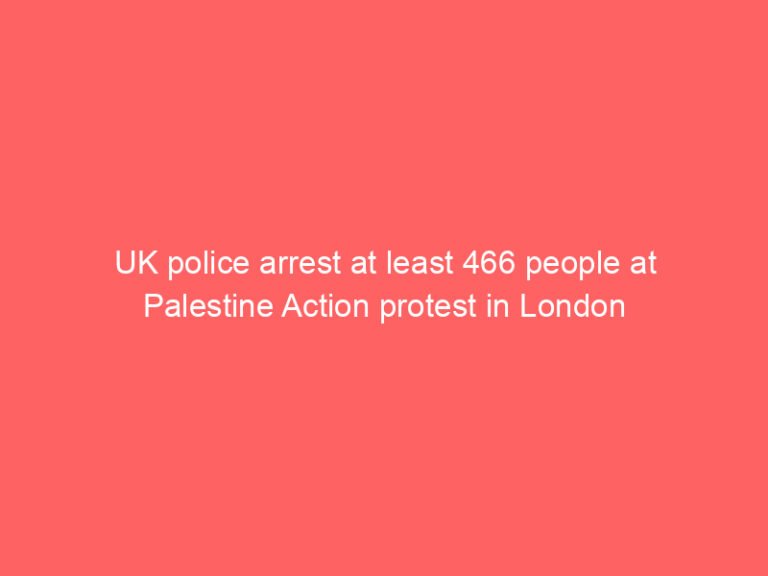NHS urges pregnant women to protect their ‘winter babies’ against RSV
The NHS’s top midwife is urging newly eligible pregnant mothers that “now is the time to act” and get the RSV vaccine to protect their baby ahead of this winter. Respiratory syncytial virus (RSV) is a leading cause of infant mortality around the world and a main cause of child hospitalisations every year – with…
The NHS’s top midwife is urging newly eligible pregnant mothers that “now is the time to act” and get the RSV vaccine to protect their baby ahead of this winter. Respiratory syncytial virus (RSV) is a leading cause of infant mortality around the world and a main cause of child hospitalisations every year – with […]
Powered by WPeMatico



